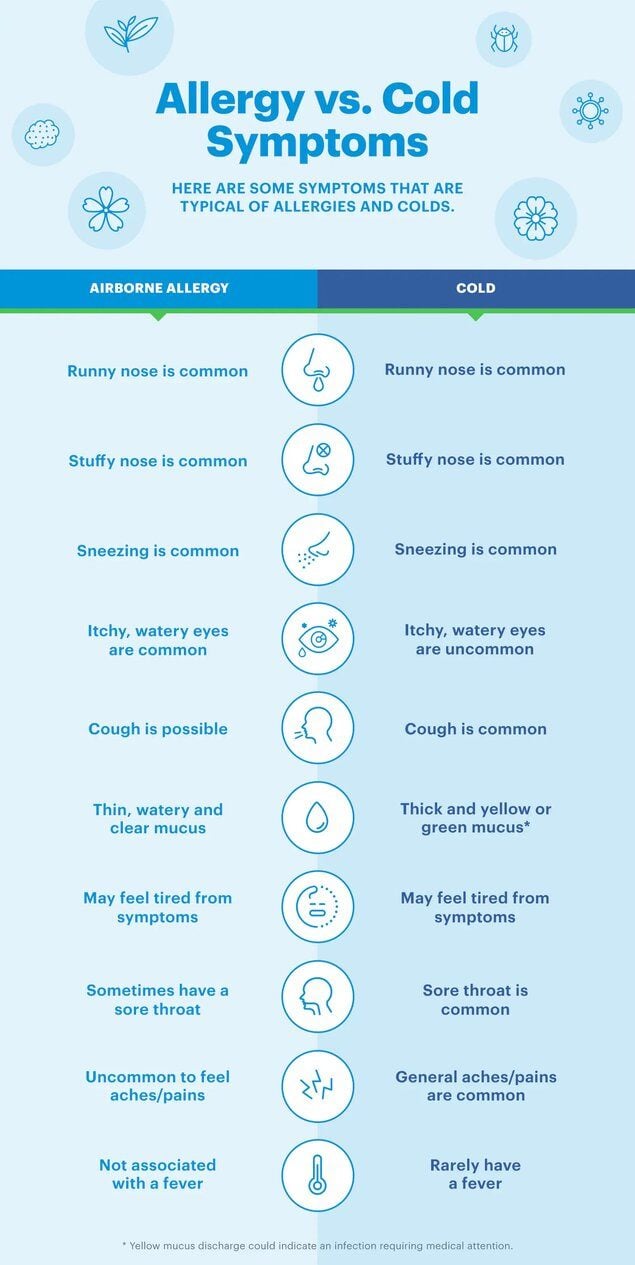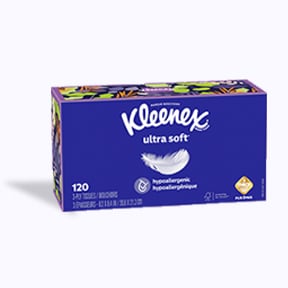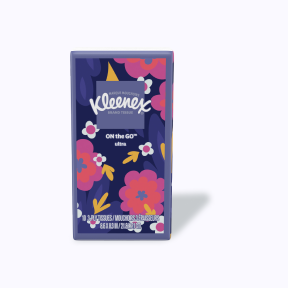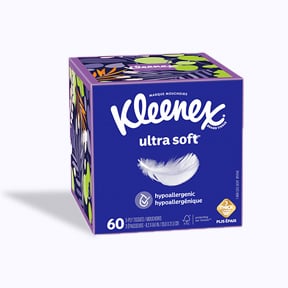
Fun fact: hay fever, despite the misleading name, actually has nothing to do with hay! Instead, allergic or seasonal rhinitis, which really means irritation or inflammation of the nose, is one of the most common chronic health conditions affecting the North American population, with 10 to 20% of Canadians affected. However you call it, if you are one of those people affected, then you understand how disruptive it can be Knowing the signs to look for can help you manage your symptoms better.
Symptoms of hay fever in adults can vary, depending on the:
- Person affected
- Season
- Type of Pollen
You might only experience a single, mild symptom or you could end up with a few all at once. Either way, hay fever symptoms can last for weeks and months – however long you’re exposed to the pollen causing the allergic reaction. If you’re wondering how long that might be, check out our Pollen Calendar.
Is it a Cold or Hay Fever?
Many hay fever symptoms overlap with those you get with a cold, so it can be hard to say which you’ve got. There are a few key differences between symptoms: colds can take one to three days to start after coming into contact with the virus and can last up to a week. Hay fever begins immediately after pollen exposure and continues until you’re no longer exposed to the allergens.

Use our Pollen Pal to see the levels of pollen in your area to try and avoid exposure and any symptoms of hay fever.
What are the Main Hay Fever Symptoms?
Symptoms of hay fever vary from person to person. You’ll usually be struck with one or more of the same handful of key symptoms to let you know hay fever season truly has arrived.
The Main Signs and Symptoms of Hay Fever include:
-
Sneezing
this can be a sign that pollen is irritating your nose.
-
Coughing
tends to be because the mucus that hasn’t escaped through your nose is dripping down your throat.
-
Runny or blocked nose
unlike the thick mucus you’d associate with a cold, nasal discharge from hay fever tends to be clearer and thinner.
-
Itchy, red or watery eyes
for many, this is the most annoying symptom. Watery eyes is your body’s way of giving pollen hit areas a quick shower, trying to wash it out. Eyes can become itchy, sticky and red as your immune system reacts to the pollen.
-
Itchy throat, mouth, nose and ears
similar to itchy eyes, these parts of your body are also hit by your immune reaction to contact with pollen and become frustratingly itchy.
-
Loss of smell
if food tastes different or things smell unusual it could be a sign of hay fever.
-
Pain around your temples and forehead
allergens can create pockets of pain around your sinuses (that area behind your cheekbones and forehead).
-
Headache
sinus pain from hay fever can also trigger headaches.
-
Earache
the lining of the tubes in your ears can inflame when it reacts with pollen.
-
Feeling tired
if these symptoms don’t make you want to curl up in bed, then the immune system going into overdrive and releasing chemicals that make you doze off will.
Many of these symptoms can also be related to other illness. If you’re at all worried about these symptoms, they have come on suddenly and unexpectedly or have got much worse, speak to your doctor.
Mild Hay Fever Symptoms
Many people experience severe hay fever symptoms when the pollen count is high, while others might have more mild reactions. General tiredness is a fairly mild effect of having hay fever, normally a side effect from not sleeping properly as you cough and sneeze all night long. You might keep waking up due to a runny or blocked nose or other symptoms like a sore throat that causes you to get up for a glass of water.
Sneezing, coughing and a runny nose are common symptoms that can vary greatly in severity – from being a little uncomfortable and mildly irritating to requiring a lot of attention. The same goes for ear and headaches, which can be less common and vary in pain levels.
Severe Hay Fever Symptoms
Itchy eyes, nose, throat and/or mouth are some of the most severe hay fever symptoms. These can disrupt your daily life, especially symptoms affecting your eyes that may impair your vision – meaning you might need to take the day off work or ditch that family trip to the park.
Earaches, however, is a rare symptom that can develop and become quite severe. As the passages around your nose and throat swell due to an allergic reaction, it can lead to blockages in your ear, difficulty hearing and be quite a painful experience.
Certain irritants can also make your symptoms of hay fever worse. As your nose inflames due to an allergic reaction to pollen, it’s more sensitive and exposure to the following irritants can make symptoms worse:
- Wood and tobacco smoke
- Air pollution and irritating fumes
- Wind
- Aerosol sprays
- Strong odours
- Changes in temperature and humidity
Long-term Hay Fever Symptoms
Bad hay fever symptoms might only last for a few days, but can cause long-term effects that go on for weeks and even months if left untreated. Symptoms can include:
- Clogged ears
- Sore throat
- Reduced sense of smell
- Headaches
- Fatigue and irritability
- Puffiness and/or dark circles under your eyes
Even if your symptoms start out as mild, the longer they go on the worse impact they can have on other areas of your health. Those who have any long-term hay fever symptoms can also experience:
- Poor sleep quality, leading to ongoing tiredness
- An increase in asthma symptoms
- Lack of energy and productivity, resulting in missed school, work or social activities
- Ear infections (especially for kids)
- Eye infections and conjunctivitis
- Sinus inflammation and constant congestion that develops into sinusitis
For hay fever or allergen relief, be sure to have Canada's softest tissues on hand. Kleenex® Ultra Soft™ facial tissues provide unbeatable softness for when only the softest touch will do (perfect for soothing your stuffy, runny nose).
With Kleenex® facial tissues, you can face allergy season head on!






